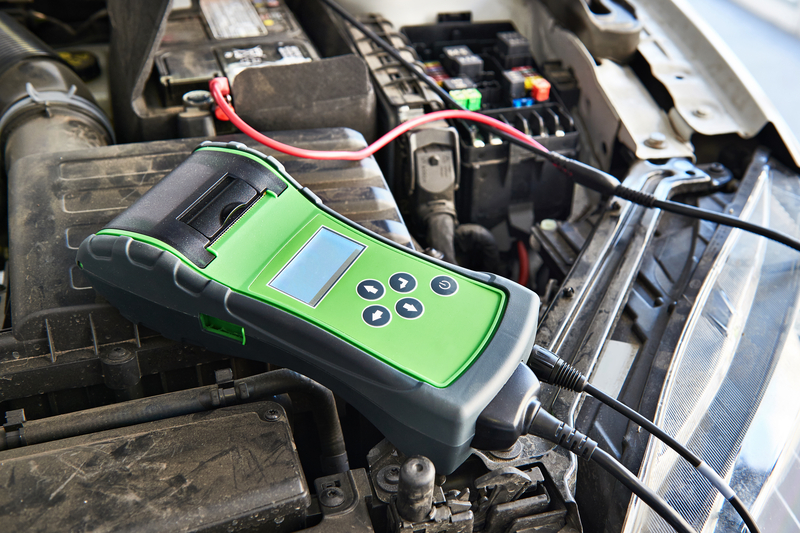Make sure your vehicle battery weathers the winter cold

Drive your vehicle to the mountains for a ski weekend and you may get a rude surprise if you park outside overnight.
When you turn the key, the only sound you may hear is a “click click” indicating a nearly dead battery. Cold weather marks the beginning of "jump start" season as vehicle batteries struggle to start frigid engines.
“Emergency starts are one of the top reasons for the emergency assistance," said Jennifer Mack at the American Automobile Association.
Mack suggested letting a trained tech handle the problem because issues like a frozen battery, cracked battery case and low electrolytes can lead to injury or even explosion.
Once the vehicle is running, be aware that it can take hours to fully recharge, especially in winter. Today’s feature-laden vehicles draw heavily on the battery and can leave it almost entirely depleted. A slow or trickle-charge may be the answer for a severely-depleted battery.
Portable charging units and a reliable set of cables can help get your vehicle juiced up again. Consider the following tips for keeping your battery operating in peak condition this winter:
- Inspect your battery for corrosion, which resembles a whitish material growing around the terminals. Alert your service advisor since corrosion can permanently damage your battery and must be removed with caution.
- Check for anticorrosion paste on the terminals. The gooey substance also helps improve the cable connection.
- Look for loose cables that prevent your vehicle’s battery from charging properly. Overtightening or undertightening terminal connectors can damage a battery.
- Confirm whether your vehicle's battery has a removable vent cap. If so, fluid levels need to be checked regularly and topped off. Ask your service advisor to inspect fluid levels when you bring your vehicle for service or if you are going on a road trip.
- Refer to your owner's manual or ask your service advisor before adding fluid to your battery. Using tap water can shorten battery life since it often contains chemicals and minerals. Also, the acid in battery fluid can damage clothing, skin and eyes.
- Use extra precaution if you have never jump started your vehicle or recharged a battery before. Check your owner’s manual for directions or ask your service advisor for assistance.
- Don't jump start or "trickle" charge a frozen battery. Likewise, don’t jump start or charge a battery that is low on electrolyte fluid. Battery rupture or explosion could result.